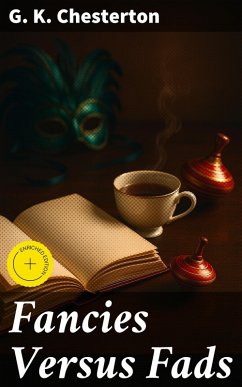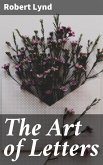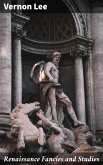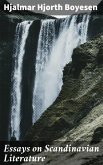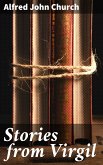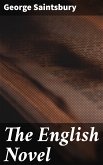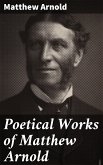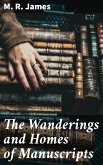In "Fancies Versus Fads," G. K. Chesterton embarks on a spirited exploration of the conflicting nature of human thought, wherein he juxtaposes whimsical fancy with the rigid dogmas of contemporary fads. Through a series of essays, Chesterton employs his characteristic wit and keen insight to examine various cultural and philosophical trends of early 20th-century England. His prose is marked by an engaging conversational tone and rich imagery, blending humor with profound social critique, making this work a compelling commentary on the complexities of modern life. The essays weave through musings on art, religion, and the absurdity of certain societal norms, situating Chesterton firmly within the literary canon of the period as both a critic and a celebrant of life'Äôs eccentricities. G. K. Chesterton, a prolific writer and influential philosopher, is often recognized for his paradoxical views and advocacy for the joy of the ordinary. His experiences as a journalist and a public thinker during a time of rapid change in Victorian society likely inspired his exploration of fancies versus fads. An ardent defender of traditional values amid the encroaching modernist sentiments, Chesterton's works reveal his deep understanding of human nature, informed by his Catholic faith and personal convictions. Readers seeking an intellectually stimulating yet humorously introspective examination of culture will find "Fancies Versus Fads" to be an enriching read. Chesterton'Äôs incisive observations encourage reflection on our own beliefs and the ephemeral nature of societal trends, making this book a timely invitation to cherish the authenticity of human experience over the superficialities of modernity.
Dieser Download kann aus rechtlichen Gründen nur mit Rechnungsadresse in A, B, BG, CY, CZ, D, DK, EW, E, FIN, F, GR, H, IRL, I, LT, L, LR, M, NL, PL, P, R, S, SLO, SK ausgeliefert werden.

